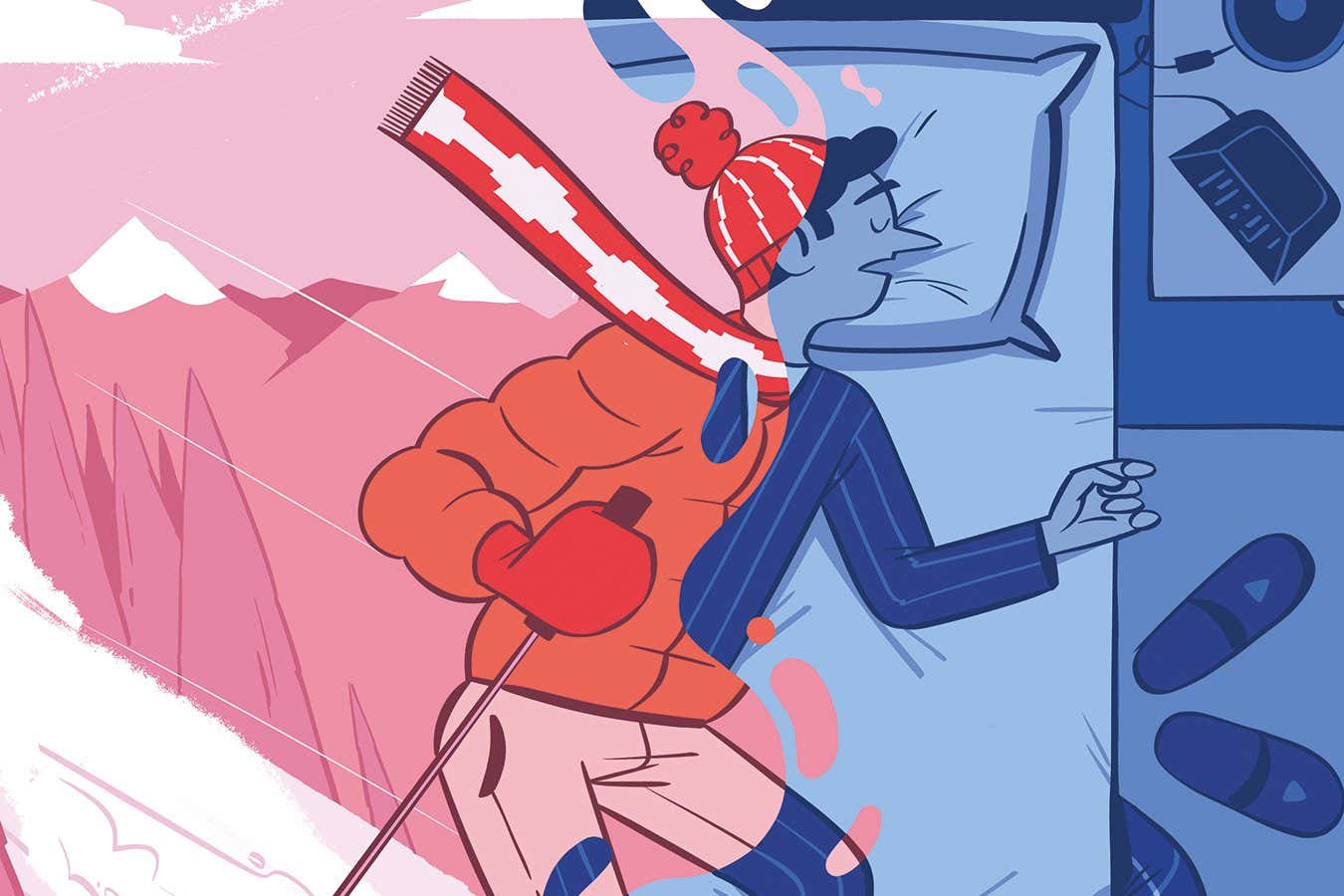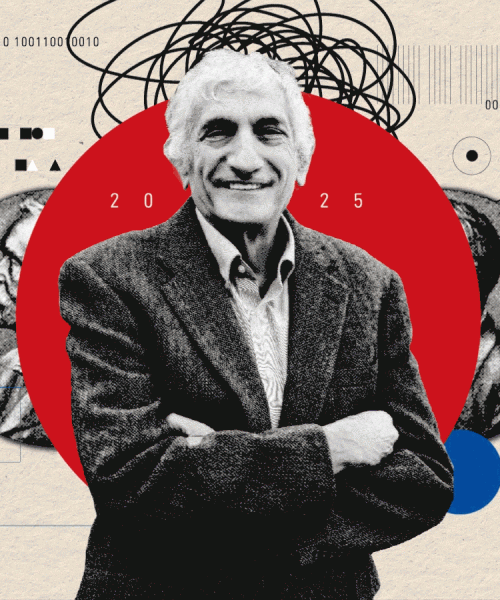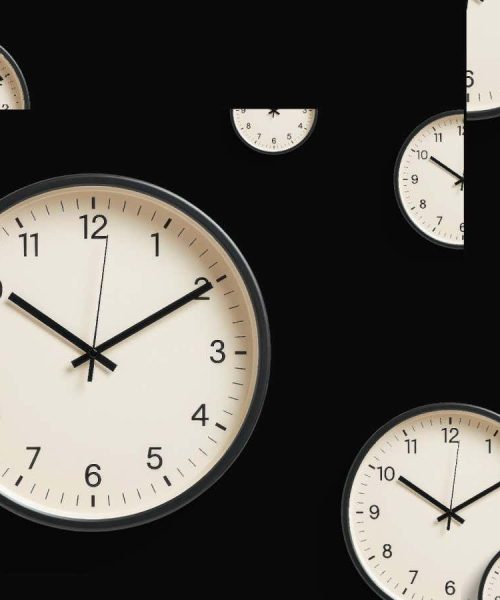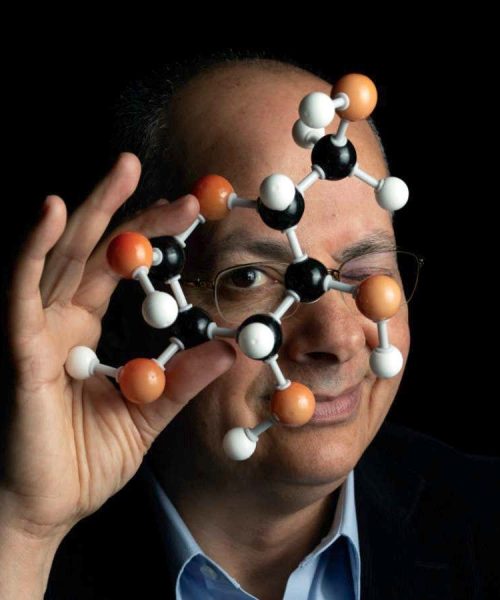
Antonio Sortino
When he was in need of inspiration, the inventor Thomas Edison used to take a nap in a chair while holding a metal ball in each hand. The moment he dropped off, the balls would drop too and crash to the floor, jolting him awake. Edison claimed that this allowed him to capture creative ideas that had fleetingly bubbled up into his semi-consciousness as he fell asleep.
The state Edison was chasing is known as the sleep-onset period (SOP), a little-studied phase of the sleep-wake cycle. Once seen as merely a brief interlude between wakefulness and slumber, it is now being recognised as a distinct and important stage in its own right. Not only is it involved in orchestrating the shutdown of consciousness, but it may also play a vital role in many of the functions of sleep, including memory-processing and, of course, creativity.
For some people, however, it can be disordered; insomnia and narcolepsy could be the result of it going awry. A better understanding of the SOP could lead to new treatments for these sleep conditions, while also helping anyone who wants to be more alert or creative – so “pretty much everybody”, says Delphine Oudiette, a cognitive neuroscientist at Sorbonne University in Paris, France.
We all undergo the transition from wakefulness to sleep, sometimes several times every 24 hours, and many of us know that it can be an…





